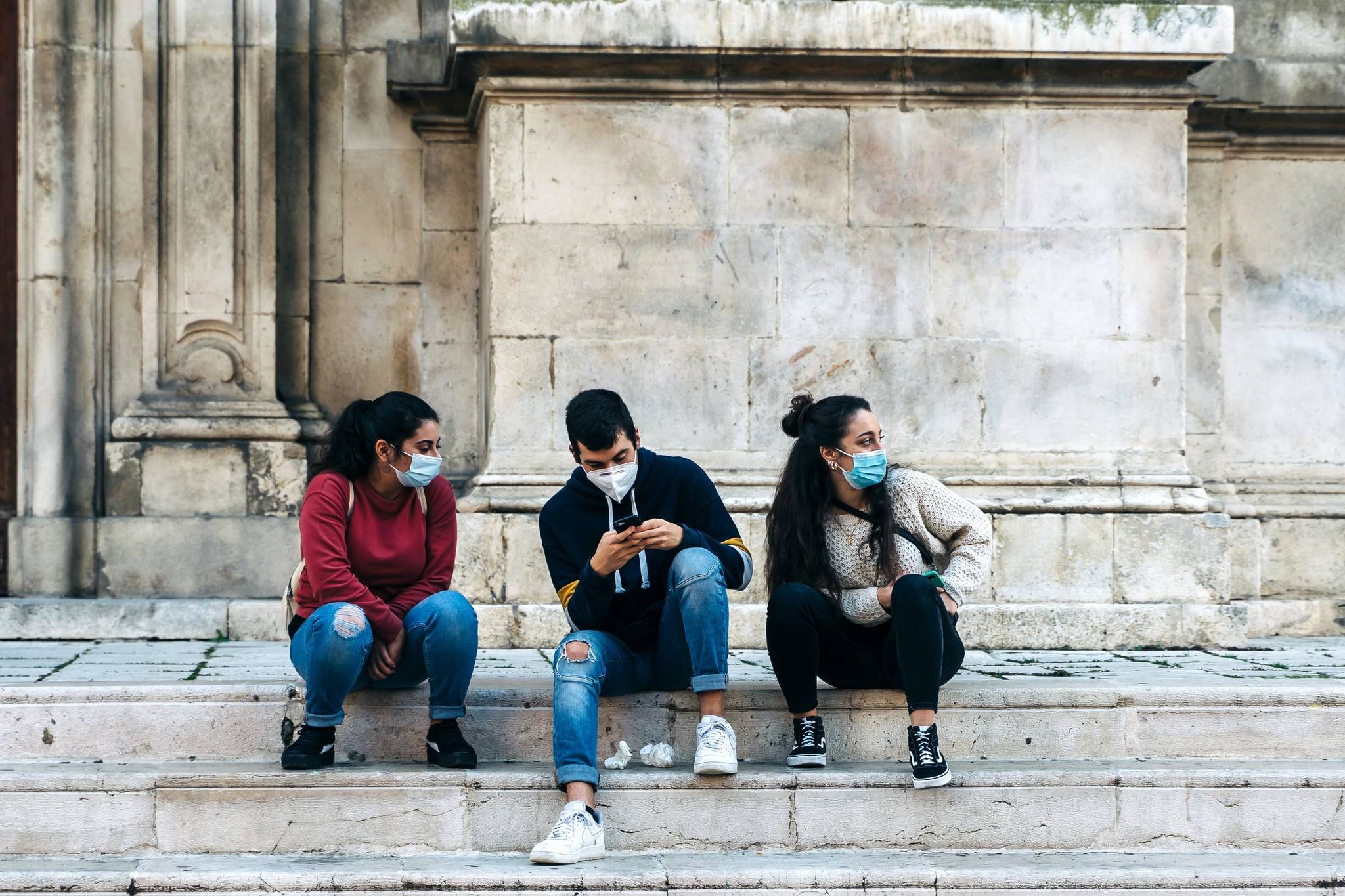By Ainsley Smith
2020 may be over, but face masks and coverings are here to stay for the foreseeable future – whether we like it or not.
While face masks can help suppress the transmission of COVID-19 and save lives, for many, frequent mask-wearing has inadvertently caused something else: ‘maskne,’ short-hand for mask acne.
Unfortunately, mask use isn’t only causing acne, it’s also causing a slew of other frustrating skin concerns like rosacea and eczema, as mask friction can irritate the skin.
Turns out, these are all issues cannabidiol can lend a hand with.
What actually causes maskne
When we wear a mask, it can create a microclimate against our skin and inside that microclimate sits more humidity, oil, sweat, dirt and other skin debris that can seep into pores before bursting into a zit – or worse, a cluster of zits.
While you can use over-the-counter products or streamline skincare routines to treat these pesky problems, studies suggest that CBD skincare products, such as oils and topicals, have antimicrobial and anti-inflammatory properties that are beneficial to treating anti-aging, eczema and acne.
To treat acne, hemp-product company Calyx Wellness says CBD can prevent the excessive formation of oil-producing cells while normalizing excessive oil production in the skin caused by acne-promoting agents. CBD can also reduce inflation in acne-affected areas while helping to prevent scarring and pain.
Tatianna Newland, who works for Calyx Wellness, recommends that those suffering from maskne should try Calyx’s “Smooth” crème as it’s intended to help with inflammation and reduce breakouts topically. In addition, Newland says the company’s CBD oil tinctures can assist in reducing inflammation as well.
When it comes to treating acne, everyone wants immediate results and luckily CBD-infused skincare products deliver noticeable results quickly.
“Everyone is different,” says Newland. “However, CBD is most effective when used on a daily basis. It is possible to notice improvements after one week.”
Additionally, CBD skincare is gentle enough that it can be used daily and can be paired with other products that calm and nourish the skin barrier, such as ceramides, hyaluronic acid, peptides and niacinamides.
While CBD products often come with higher price points compared to conventional brands, the results — which are far less damaging and dehydrating than some over-the-counter products — might make spending a little extra worth it.
“Our products are well-known for their ability to assist in reducing acne without being damaging or dehydrating to the skin,” explained Newland. “This formula is most effective in reducing the likelihood of excessive production of oil and inflammation; without drying out the skin.”
While the CBD skincare market is currently niche, Newland says she believes more conventional skincare brands will become more involved in the future, which will open the floodgates to a whole new world of acne-combating products.
As with anything new, research is still needed and ongoing to garner a full snapshot of benefits and risks. One thing is for sure: Like face masks, CBD skincare probably isn’t going anywhere any time soon.

